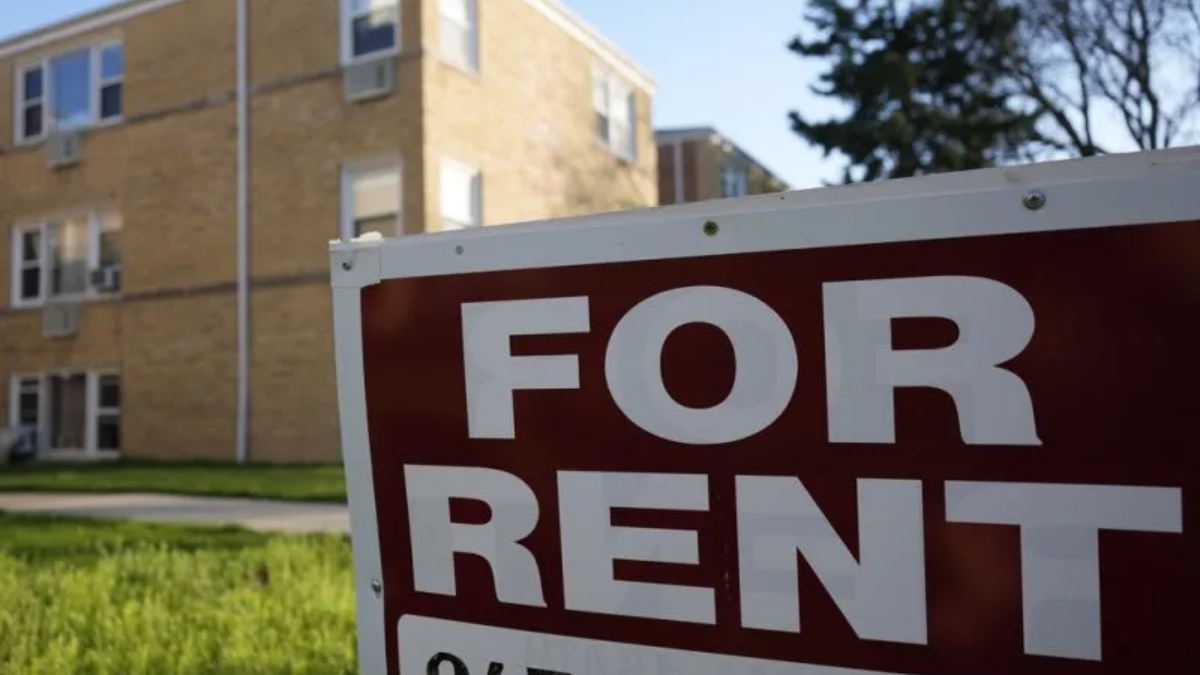In a significant move to protect renters, Colorado Attorney General Phil Weiser has filed a lawsuit against Greystar Real Estate Partners LLC, one of the state’s largest landlords, for deceptive advertising practices. The lawsuit, filed on January 16, 2025, alleges that Greystar has been misleading prospective tenants with deceptively low rental prices and failing to disclose mandatory recurring fees2.
The Allegations
According to the lawsuit, Greystar enticed potential renters with attractive rental prices, only to reveal additional mandatory fees after tenants had already committed to the lease. These hidden fees include charges for valet trash, package delivery, pest control, and other amenities1. The lawsuit claims that these practices violate the Colorado Consumer Protection Act, which requires landlords to disclose all costs upfront.
Impact on Renters
The deceptive practices have had a significant financial impact on renters, who often find themselves paying hundreds, if not thousands, of dollars more than they initially anticipated. Many tenants are unaware of their rights and feel trapped in leases with unexpected fees1. Weiser emphasized the importance of upholding consumer protection laws to ensure that renters are not taken advantage of by large rental companies.
Greystar’s Response
In response to the lawsuit, Greystar issued a statement denying the allegations and asserting that their practices are in line with industry standards. The company argued that the advertised base rent is a common practice used for comparison purposes and that all fees are disclosed in the lease agreements1. Greystar also criticized the lack of clear regulatory guidelines from the Federal Trade Commission (FTC) regarding fee disclosures.
Legal and Regulatory Implications
The lawsuit highlights the need for clearer regulations and guidelines to protect renters from deceptive advertising practices. Weiser’s office is working with the FTC to address these issues and ensure that renters are fully informed about the true cost of renting an apartment1. The case also underscores the broader issue of housing affordability and the challenges faced by renters in the current market.
Conclusion
The lawsuit against Greystar is a significant step towards protecting renters and ensuring transparency in the rental market. By holding large landlords accountable for their advertising practices, Colorado aims to create a fairer and more transparent housing market for all residents1. Renters are encouraged to stay informed about their rights and to report any deceptive practices to the authorities.
For more information on this case and how to protect yourself from deceptive rental practices, visit the Colorado Attorney General’s website.
Disclaimer – Our team has carefully fact-checked this article to make sure it’s accurate and free from any misinformation. We’re dedicated to keeping our content honest and reliable for our readers.








